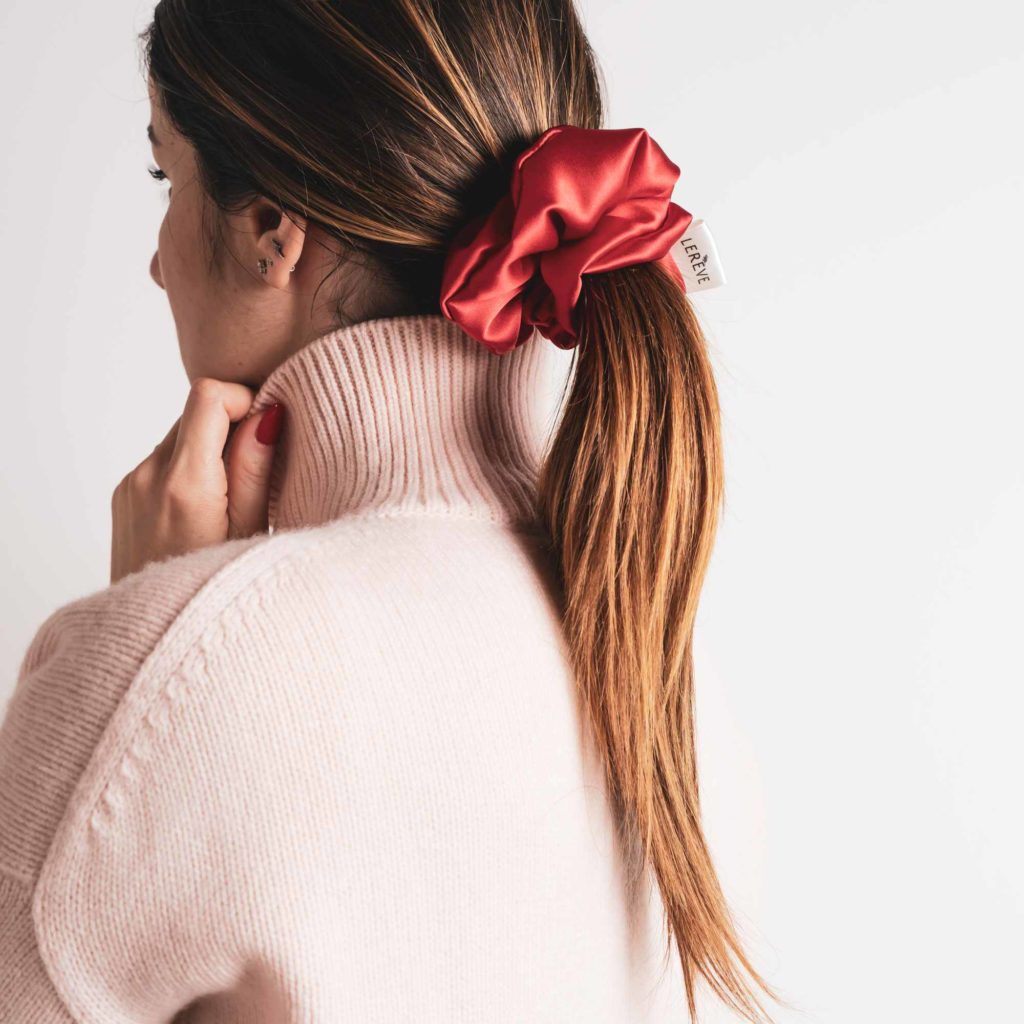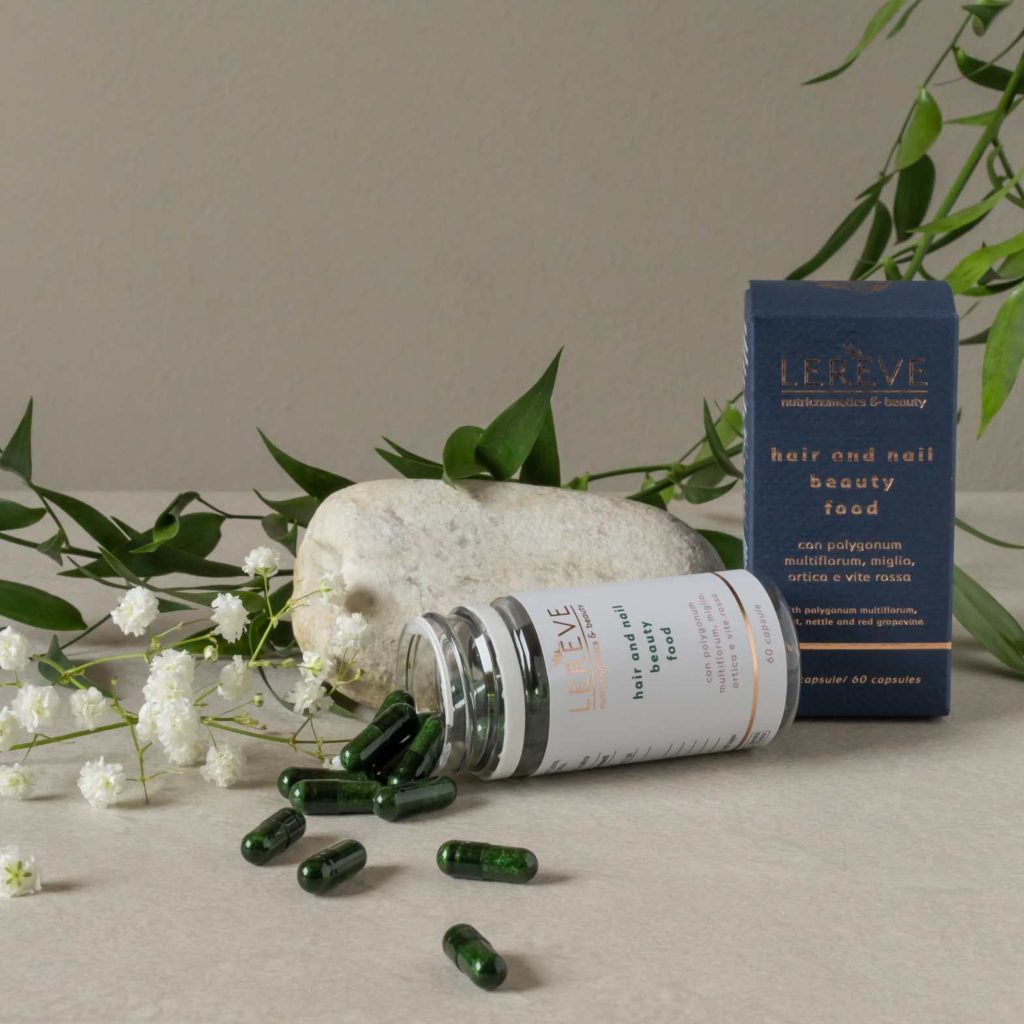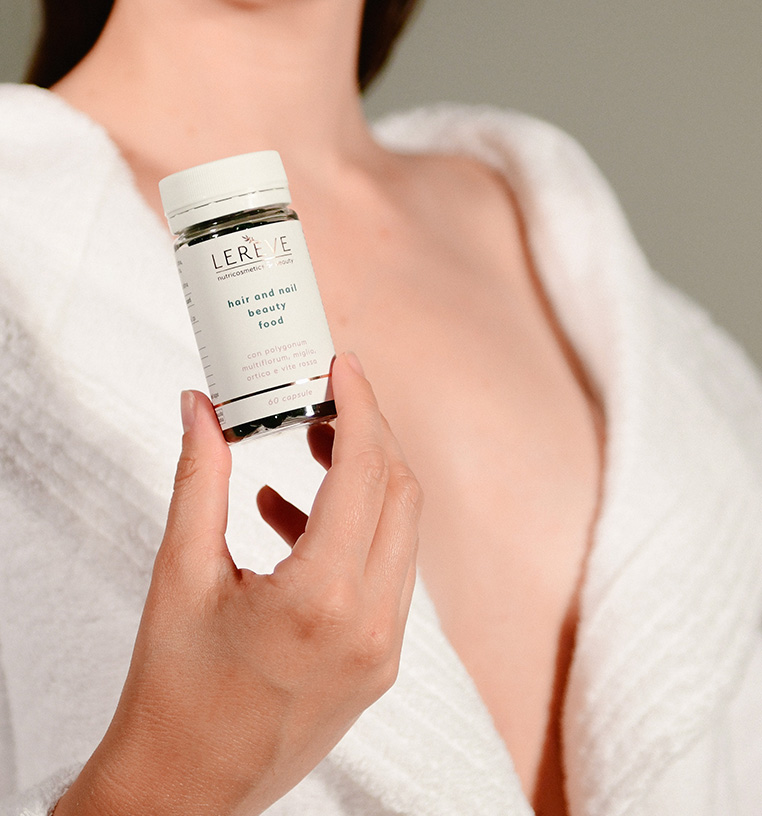Hair loss is a natural physiological process that affects all people, regardless of age and gender, in different ways depending on one’s stage of life.
In fact, hair falls out following its own natural life cycle fairly quickly, and it is therefore normal to lose hair up to a number of about 100 per day.
This figure, however, can be influenced by several factors, physiological and hormonal. It is the reason why, for example, the elderly are more prone to thinning hair, precisely because of the hormonal changes and slowing of cell regeneration typical of old age.
If, therefore, hair loss is not visually a problem-the hair does not look “empty,” and the hair grows back just as quickly-there is no need to worry. Conversely, more pronounced hair loss could be a red flag of some internal deficiency or pathology.
Let’s look at how hair grows, how hair regrowth works, and what to stop hair loss with external help.

Hair loss causes
What causes hair loss? This is one of the most frequently asked questions when one notices that hair is falling out at a different rate and in a different amount than usual, such that those who notice reduced volume on their hair are alarmed.
To answer this question, let’s first look at how the hair life cycle works, also to get an idea of how much hair it is normal to lose at specific times of the year.
- Alogen (active phase): is the growth phase of the hair, the one in which it develops in length, and can last from 4 to 6 years.
- Catagen (stasis phase): lasts about 2-3 weeks, and is a transitional phase between that of development and that of fall.
- Telogen (falling phase): is the death phase of the hair, in which it no longer receives nourishment and is ready to fall out. Its duration is about 4 months.
Hair does not grow in sync with each other: each hair has a life of its own, which is why we lose hair every day and, again every day, new hair is born and grows, ensuring continuous turnover.
Why does hair fall out?
The telogen phase occurs mainly during seasonal changes, thus in autumn (September-October) and spring (March-April).
Seasonal hair loss is therefore a natural phenomenon, resulting from the change in external brightness: in autumn the skin receives less light, and as a result the blood vessels below the scalp shrink.
This process leads to a loss of energy in the erector muscle, the one that holds the hair “firmly” inside the bulb. Since the erector muscle loses strength, the hair falls out more easily.
Hair loss in women also occurs in the opposite case, i.e., in the period of rising temperatures: increased vasodilation, caused by warmer weather, results in less oxygenation in the blood and, as a result, the erector muscle works with less strength. Therefore, the result is the same: the hair falls out more easily.
When is hair loss a concern?
Seasonal hair loss can result in the loss of up to 150 hairs per day. You might get the impression that you are losing too much hair, but in fact you only need to observe the hair for at least three months to really see if the hair does not grow back.
In fact, the “hair loss” factor is not as important as hair regrowth: as long as the turnover is balanced, there is no need to worry. When, on the other hand, hair struggles to regrow and even during calmer periods, such as winter, tends to fall out in abundance, it is possible that the causes of hair loss are related to other factors:
- deficiencies in vitamins, minerals, and amino acids that cooperate in hair formation and growth;
- oxidative stress, that is, increased production of free radicals, substances released in our bodies that slow down cell regeneration;
- conditions such as alopecia, caused by hormonal dysfunction;
- physiological changes in the human body, such as pregnancy, lactation, as well as some medical therapies such as chemotherapy.
In the latter cases, it is essential to consult a doctor to find the definite cause of the thinning hair and solve it with a therapy designed specifically to stop hair loss.

Hair loss remedies
If the cause of hair loss is among the physiological ones, that is, seasonal changes, advancing age and even stress, you can solve the problem by taking behaviors that can improve the life of the hair. Among them:
- take care of nutrition to make sure we are getting enough vitamins, minerals and nutrients for our bodies;
- Use hair products best suited to the hair type;
- Protect hair during drying and styling with protective products, such as nonaggressive flat iron sprays;
- Do not keep hair tied in tight tails or braids to avoid pulling at the root;
- Take supplements for falling hair with appropriate formulations against hair loss.

Supplements for hair loss
Hair loss supplements are formulated to strengthen the hair at the root and stimulate regrowth. In fact, as we have anticipated, the problem is not only about hair loss, which is physiological and natural, when the possibility for hair to regrow properly.
With this in mind, Lerève Hair and Nail Beauty Food laboratories conceived the supplement based on plant extracts that performs a triple action to protect hair:
- Promotes hair regrowth;
- Protects hair from oxidative stress;
- stimulates the production of keratin, the main protein that makes up hair and nails-which is why, in fact, the supplement is also good for weak and brittle nails;
- Inhibits hair loss;
- visually rejuvenates the hair, promoting pigmentation and decreasing the percentage of gray hair.
Hair and Nail Beauty Food is a truly complete supplement that does not have any chemicals in it: they are all plant-derived ingredients such as millet, nettle, cystine and Polygonum multiflorum, a plant known in China since ancient times for its regenerating effect on hair.
Try Hair and Nail Beauty Food now. : treatment is recommended for three months, but the first effects can be seen already after the first month of intake.
